Submitted by WA Contents
Hungarian-French architect, urbanist, theoretician and artist Yona Friedman dies aged 96
Hungary Architecture News - Feb 24, 2020 - 11:59 14918 views
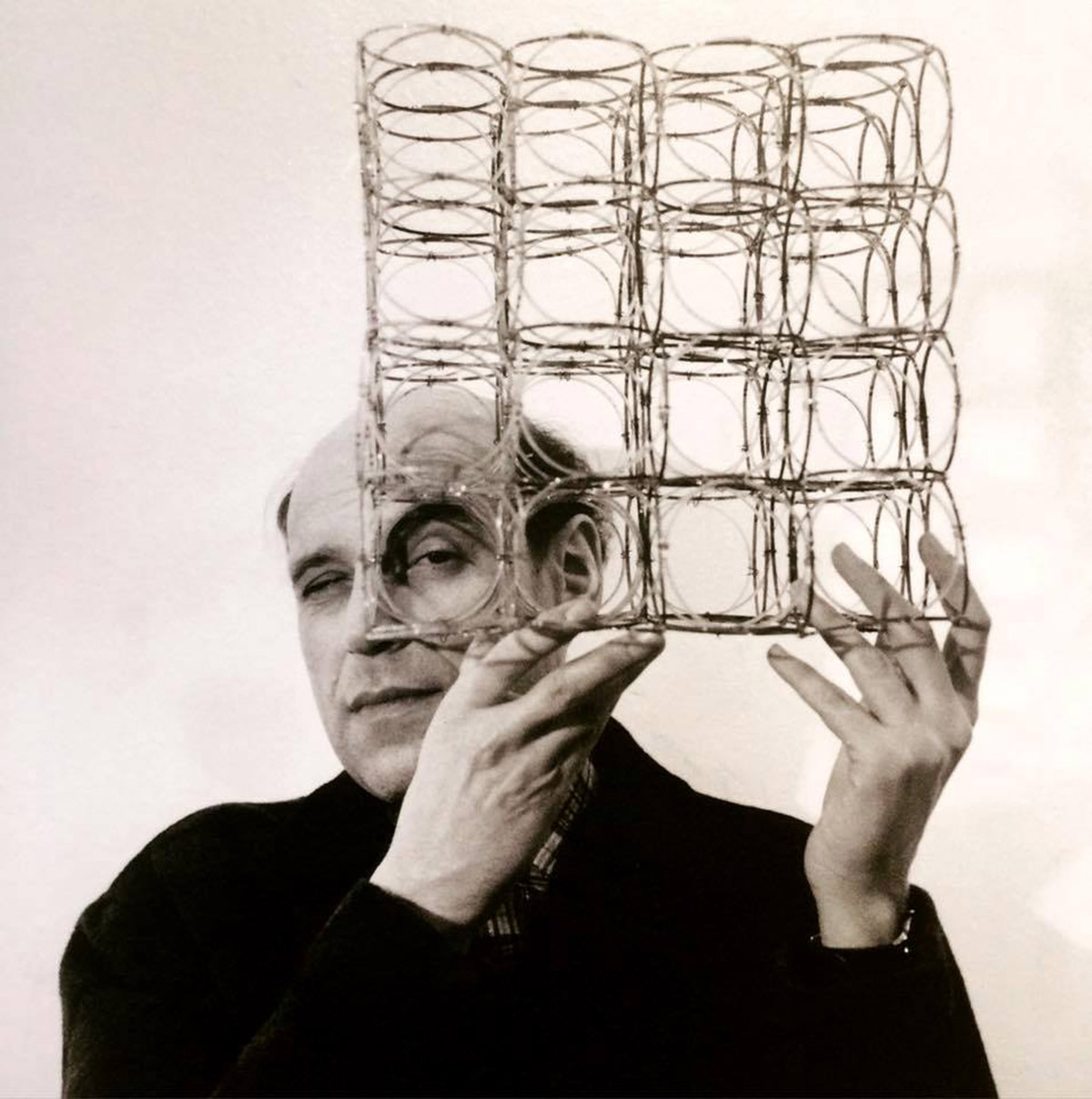
Hungarian-French architect, urbanist, theoretician and artist Yona Friedman has passed away at 96, the news was announced on his Instagram account on February 20.
Hungarian born French architect, born in 1923, was one of the most fascinating architectural theorists of our time, and the most influential figure in the late 1950s and early 1960s. Friedman is best known for his theory of “L'Architecture Mobile” or "Mobile Architecture".
"I am not an utopist, but a realist. My realism is not of the same breed as that of mainstream architects. That is my main discovery," had said Yona Friedman.
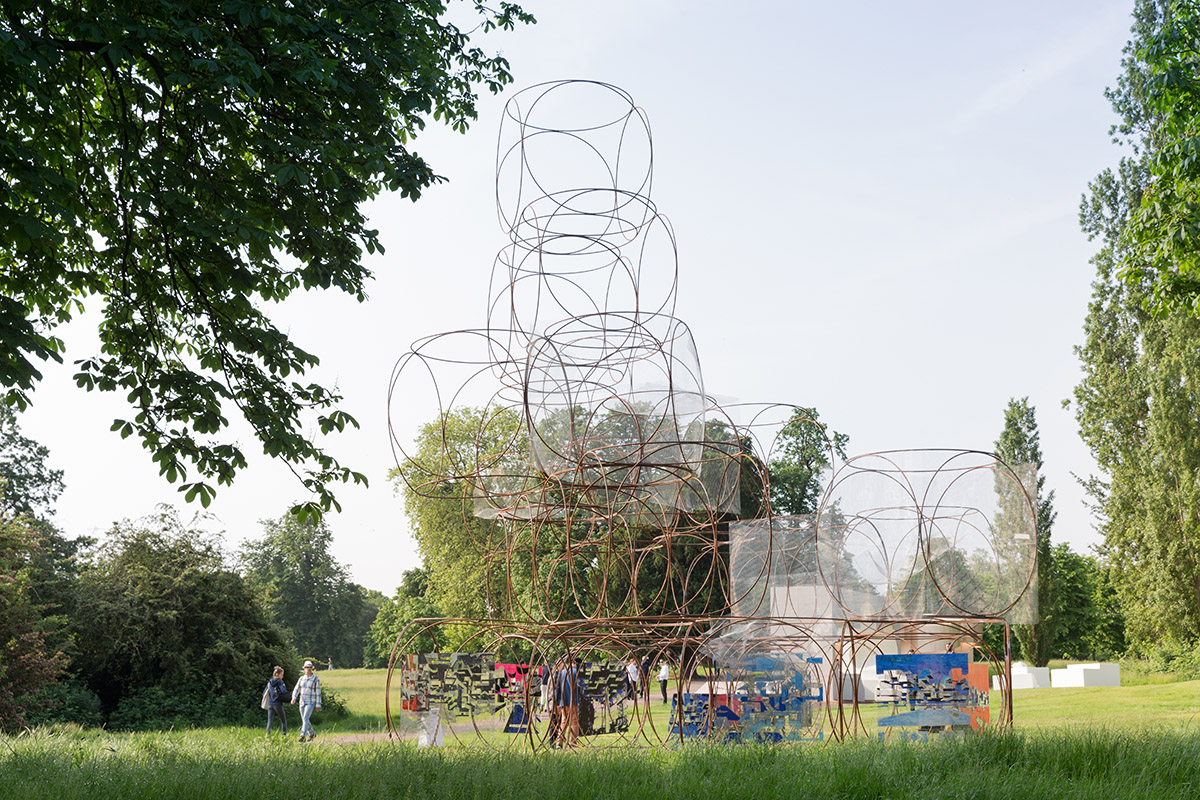
Yona Friedman's Serpentine Summer House in 2016. Image © Iwan Baan
Yona Friedman was also the designer of one of Serpentine Summer Houses in 2016. Yona Friedman published his first manifesto, entitled "Mobile architecture", in 1958. In his manifesto, mobile architecture was described as the "dwelling decided on by the occupant" by way of "infrastructures that are neither determined nor determining".
Friedman released his concept for "mobile architecture" to the idea for creating elevated city space where people could live and work, and "the Ville Spatiale" were a response to social and political pressing issues of the 1950s such as increasing urbanization and world population.
Friedman's ideas and projects have always been closely related to the political and scientific topics of their time. With the concept of "mobile architecture", he also hoped to introduce a method that could restrain the land use of growing cities.
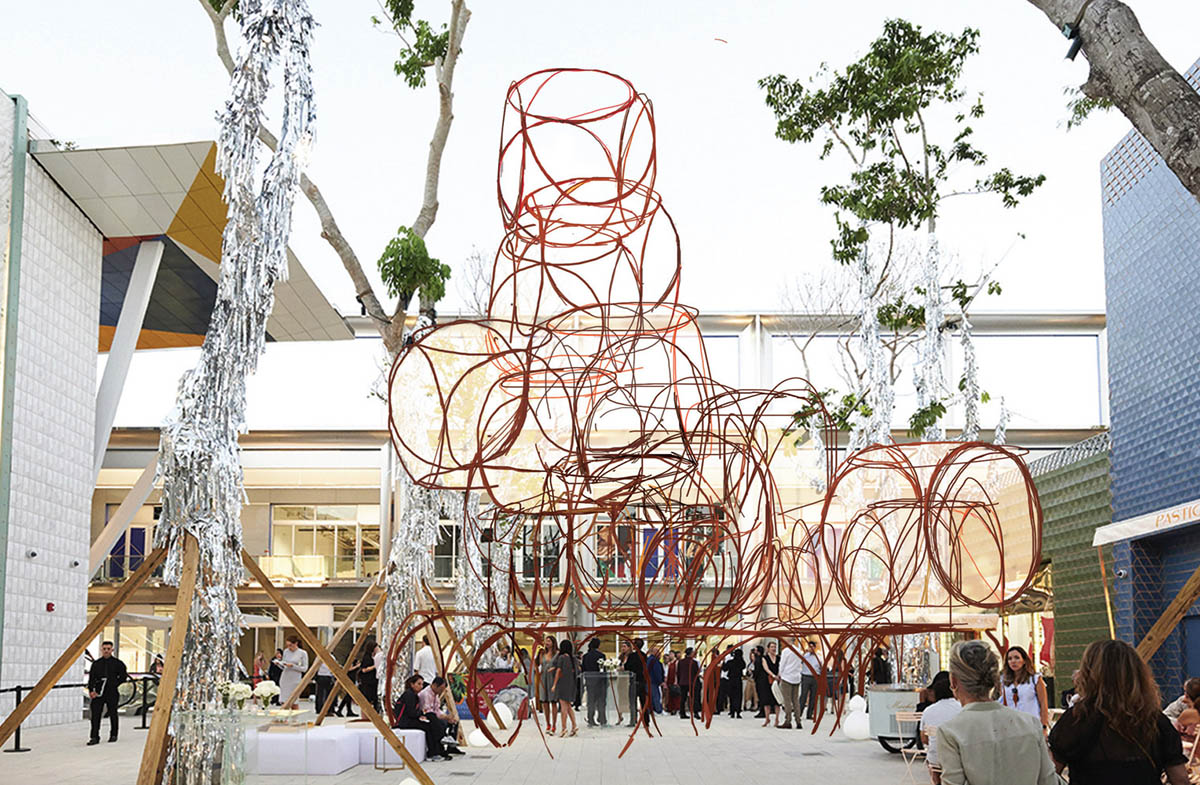
Yona Friedman's first U.S. public project at Miami Design District. Image courtesy of MDD & ICA
His goal became to explain that it was not necessary to demolish older city parts to create new housing and also he pleaded for the compactness of the city, as building above the existing city could diminish expanding outwards.
Yona Friedman studied architecture in Budapest. After having escaped capture and deportation from Hungary by the Nazis during World War II, he lived in Israel for nearly ten years where he completed his education at Technion – Israel Institute of Technology in Haifa, and also worked as a builder to earn his living. He has been living and working in Paris since 1957.

Apart form his theories and works on architecture, Friedman designed many installations at the events and participated numerous architectural events, including the Venice Biennial and the Shanghai Biennial, "Yona Friedman.
The Dilution of Architecture", Centre des arts de l'École Internationale de Genève – EIG. His installations were showcased in many museums and well-known institutions, such as Rome’s MAXXI Museum.

His Serpentine installation, entitled "Space-Chain Phantasy-Miami 2019", was recently installed at the Miami Design District's Paradise Plaza, which was the architect’s first public project in the United States.
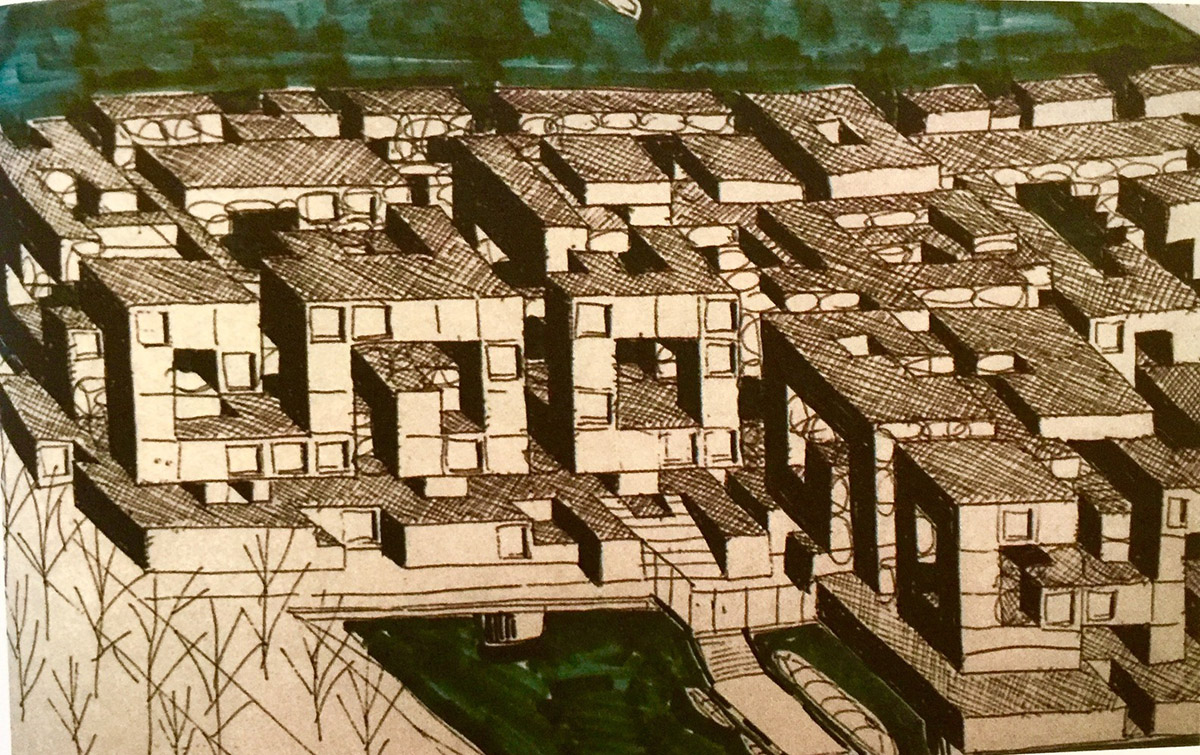
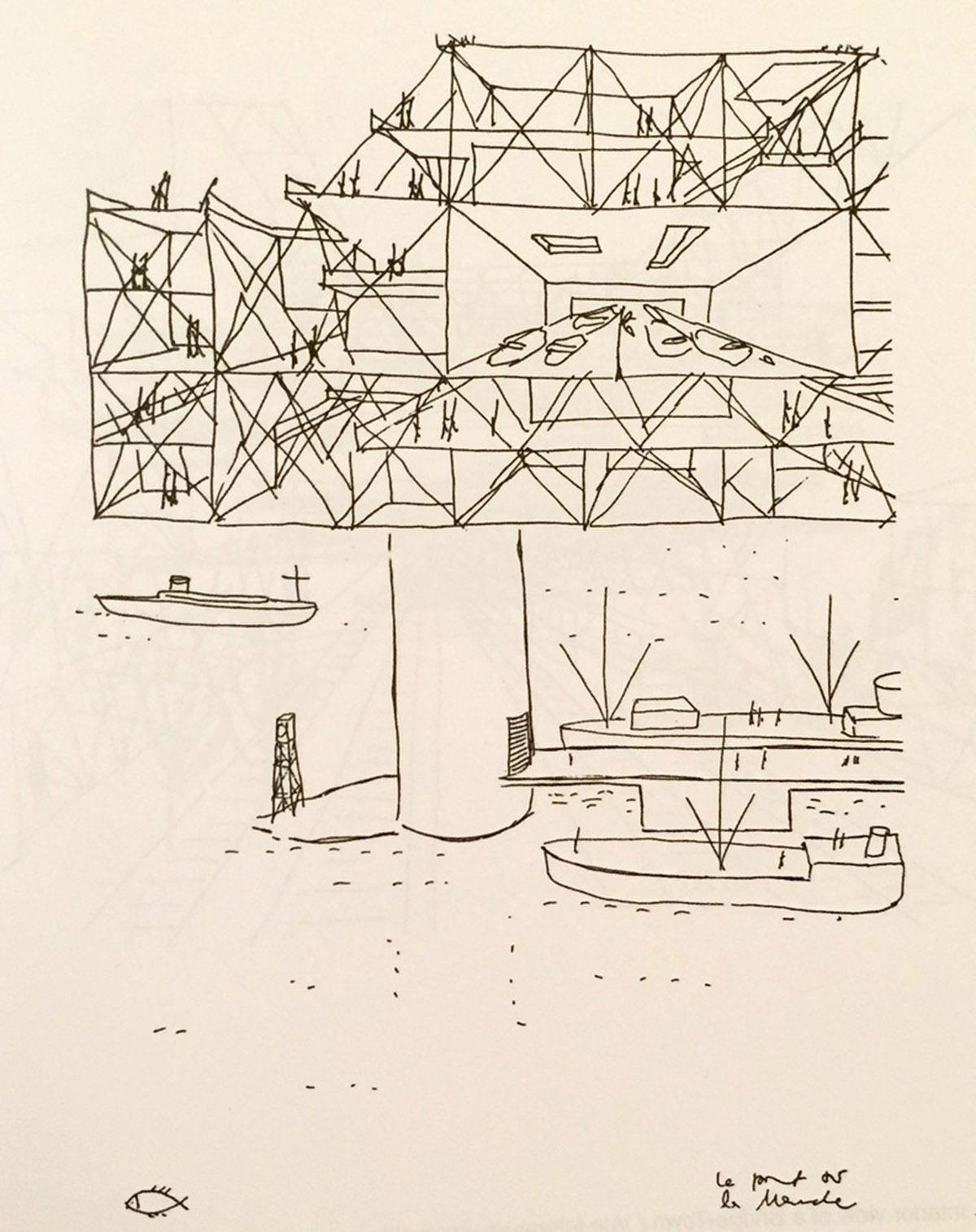

Friedman released his latest book "Yona Friedman. The Dilution of Architecture" in 2015 from Park Books. The book explores Friedman’s thinking process, taking readers through the projects and movements in which he has been involved, from the construction of ephemeral emergency architecture in disaster zones, architectural utopianism, his concept of the "Ville Spatiale", up to his latest proposals of auto-planification, improvisation and architecture without buildings.
Top image: Yona Friedman, 1974. Photograph by Paul Almásy. Courtesy of Marianne Friedman-Polonsky
All images courtesy of Yona Friedman unless otherwise stated.
> via Yona Friedman
